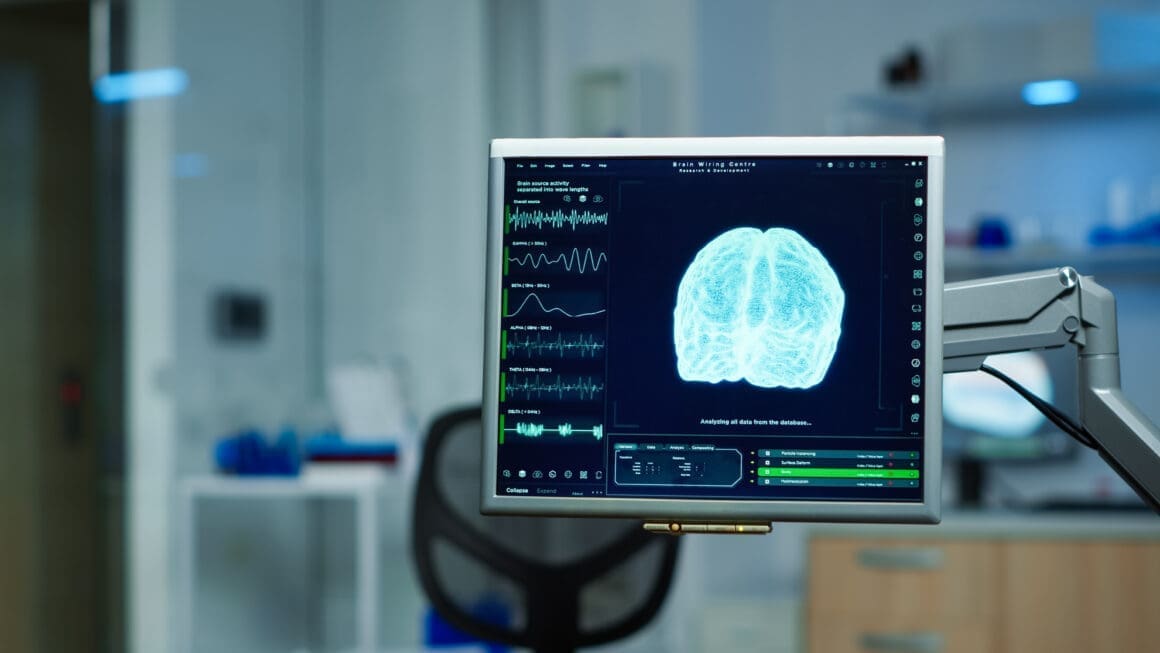The thought of losing cherished memories is unsettling. Yet, this could be the reality for an increasing number of Americans. By 2060, dementia cases are expected to double. This alarming statistic stems from new research in ‘Nature Medicine’.
With around 1 million new cases projected annually, understanding the causes becomes crucial. Researchers focused on those over 55 years old, revealing an increased risk after this age. Dementia significantly affects concentration, judgment, and memory. This article dives into key findings and implications for the future.
Understanding the Study’s Scope
The National Institutes of Health backed a detailed study at NYU Langone. It drew from the Atherosclerosis Risk in Communities Neurocognitive Study, ongoing since 1987. This project tracks participants’ cognitive function and vascular health over decades. Dr. Josef Coresh led the recent paper, highlighting critical insights into dementia’s rising threat.
Grim Forecast for Future Generations
The findings paint a worrying picture, predicting half of the over-55 population might experience cognitive decline. Men face a 35% risk, while women contend with 48%. This gender difference is partly due to women’s longer lifespans.
Genetic factors exacerbate risks, particularly the APOE4 gene variant. Those carrying this gene face higher chances of developing dementia.
Preventive measures are vital. Managing blood pressure and diabetes could slow cognitive decline. Proactive steps now might shift these dire predictions.
Vision health also plays a surprising role. Another study revealed vision impairment links to nearly 20% of dementia cases. Better eye care might reduce diagnosis rates.
Key Factors Influencing Dementia
Genetics play a significant role. Specifically, the APOE4 gene variant increases dementia risk. Those with this gene may face heightened susceptibility to memory-related illnesses.
Controlling blood pressure and avoiding diabetes are suggested strategies. By managing these health aspects, the progression of cognitive decline could be tempered.
Researchers stress the urgency of addressing these factors, hinting at the added pressure on healthcare systems.
Vision checks might also stave off dementia. A study connects poor vision with many dementia cases. Regular eye exams could significantly drop diagnosis rates.
Healthcare System Implications
The impending dementia surge prompts serious concerns for healthcare provision. Policymakers need to strategize solutions for addressing this massive challenge.
Emphasis should be on minimizing dementia severity and expanding services. Infrastructure and trained professionals will be essential. More resources are crucial in accommodating rising patient numbers.
With such rapid growth in cases, healthcare systems must adapt quickly to prevent being overwhelmed.
Importance of Genetic Research
The recent findings underline the importance of genetic research in dementia.
The presence of the APOE4 gene has emerged as a significant factor influencing dementia risk across populations.
Innovations in genetic studies are crucial. Understanding gene interactions might change future dementia care.
Research funding needs to be prioritized to explore these genetic pathways further.
Strategic investments can ensure that breakthroughs are made. The aim is for potential prevention through targeted therapy.
Personal Health Management
Taking charge of personal health emerges as a major theme. Controlling risk factors like blood pressure and diabetes could prevent cognitive decline.
Researchers recommend routine health check-ups as preventive measures.
Lifestyle changes, such as improved diet and exercise, also play a role in delaying symptoms.
Proactive steps may reduce the significant burden on healthcare systems.
Challenges for Policymakers
With looming dementia cases, policymakers face daunting tasks.
They must focus on care strategies and ensure adequate healthcare services are in place. Developing comprehensive dementia care policies is essential.
Policymakers should prioritize innovation in care models. Solutions must be sustainable and scalable.
Expanding resources and workforce training will be pivotal to address future demands.
Future Steps in Dementia Care
Implementing robust healthcare plans is imperative in light of rising dementia cases.
Preventive measures, such as public health campaigns, are gaining attention. These could increase awareness of risk factors.
Investments in research must continue to uncover potential preventive therapies.
Collaboration among healthcare providers, policymakers, and researchers will drive positive outcomes.
The Role of Public Awareness
Raising public awareness about dementia’s signs and risk factors can change outcomes.
Information campaigns could effectively inform communities.
Promoting active lifestyles and healthy habits is fundamental. These efforts may reduce dementia’s growing impact.
Education about early symptoms encourages timely intervention, significantly altering patient experiences.
Understanding dementia’s rapid increase underscores the importance of genetic studies and healthcare readiness. Proactive measures can shift outcomes.












